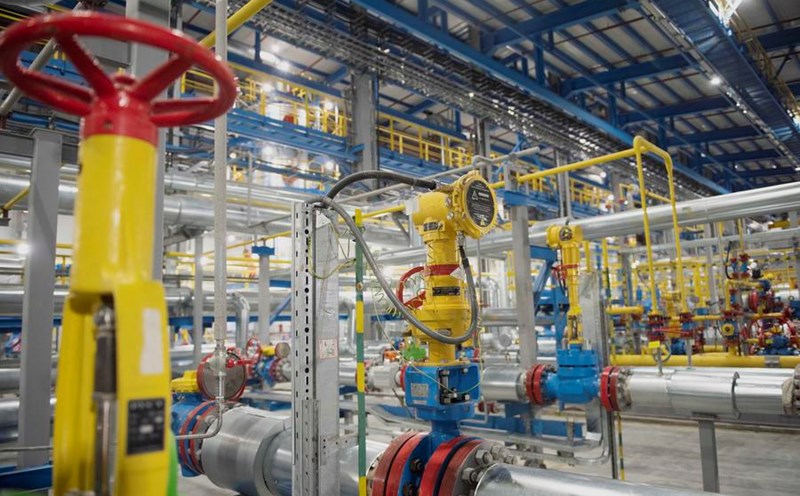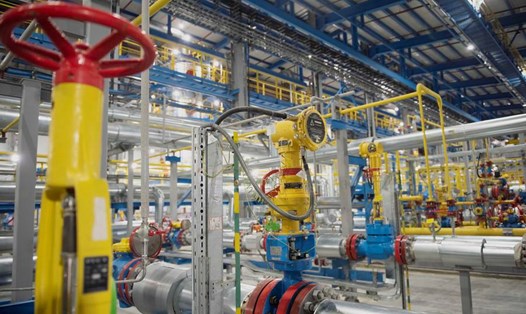RT reported that the Confederation of Ukrainian Employers warned that the Ukrainian economy will be severely affected in the context of the EU's Carbon Border Adjustment Mechanism (CBAM) being prepared to be implemented.
CBAM is expected to come into effect in 2026 and aims to create a fairer market and accelerate the EU's green transition. Under the mechanism, products that do not meet the EU's strict environmental standards will be subject to import duties.
In addition, to bring high-carbon goods into the EU, foreign businesses need to pay extra to offset the amount of CO2 emitted into the environment through the purchase of certificates provided by CBAM.
CBAM promises to protect EU manufacturers from losing their competitive edge, while encouraging foreign businesses to speed up the process of modernizing their systems to meet EU criteria.
Meanwhile, Ukraine, which relies heavily on carbon-intensive manufacturing, argues that CBAM would put its industries at a disadvantage in the marketplace. A report on CBAM found that the tariffs could threaten more than 116,000 jobs in Ukraine’s steel, chemical and cement industries.
Ukraine's economy is also expected to be severely affected as the export sector is seen as the mainstay of economic development.
In the context of the upcoming implementation of CBAM, the Ukrainian Labor Confederation forecasts that by 2030, the country's GDP will decrease by 6.4%, exports by 6.3% and exports to the EU by 9.3%.
According to RT, Ukraine is seeking an exemption or at least a delay in deploying CBAM. Kiev believes that the conflict with Russia could be listed as a serious adverse contingency under a provision of CBAM.
While Kiev believes the EU has sufficient legal tools to mitigate the impact of tariffs on Ukraine, the bloc is still reportedly considering it because CBAM is an important part of a broader climate plan that includes the goal of supporting Ukraine's sustainable recovery.











